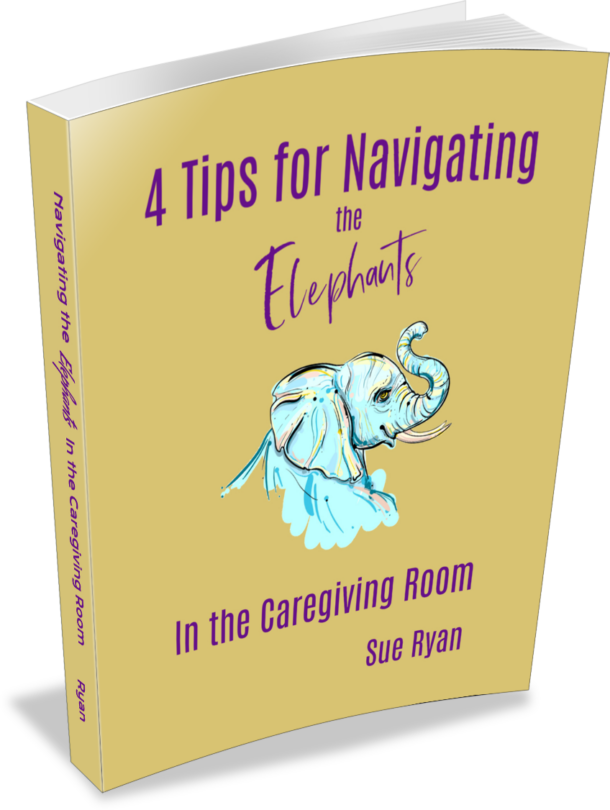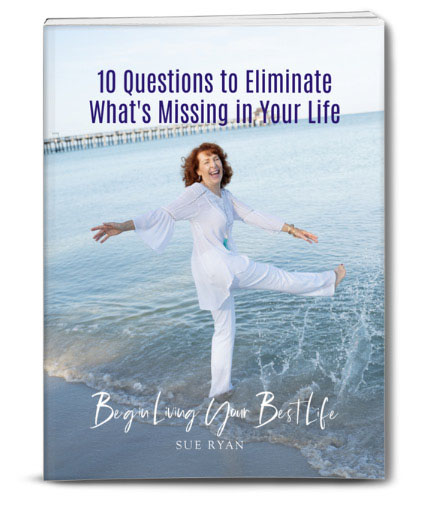Processing emotions after a loss is difficult. I have a friend whose 16 year-old daughter just experienced a tragic loss. A friend of hers committed suicide. This is tough at any age – especially in the teenage years – an important time of changes in how teenagers think, feel, and interact with others. As they begin to have more independence, they explore their own opinions, personalities, and interests. They get a stronger sense of who they are.
No matter what age we are, we can’t practice emotions we haven’t experienced. We can observe them in others and we can learn about what they are, but until we actually experience them, we don’t know how we will think, feel or act. This is why it’s vitally important for us at any age to ensure we feel think, feel and act from a place of presence. From this place we feel the correct emotion for our experience, take actions that serve us and those around us, and have the ability to process and bring closure to the experience through the lessons we’ve learned.
I remember the first time I heard of a friend committing suicide. My first thought was disbelief. My next thought was guilt – what could/should I have done to prevent this? How could I not know? It was only after these thoughts I began to feel any emotion. The first emotion I remember was frustration, and finally I felt sadness. I remember the lingering emotion was a sadness that didn’t have resolution because I didn’t know then how to process this experience. It was like a wound that didn’t quite heal and whenever I touched that place, the unprocessed emotion arose.
Can any of you relate to an experience you’ve not been able to bring closure to? Whenever another experience occurs where you feel a similar emotion, this unprocessed experience comes back. If we aren’t fully present to our current experience, we’ll underserve how we process it, just like we did the previous experience. Now we’ll have multiple unprocessed experiences we carry around with us. It doesn’t have to be this way.
I didn’t know then, and am glad I’ve learned now, how important it is to do 3 things:
- Practice massive acceptance of the experience. Massive acceptance of the experience means accepting fully, with no judgement of us or anyone else, what happened. This is the only way we can be fully – radically – present to the lessons there are for us to learn about ourselves, explore how we really feel, use this experience to support us becoming stronger and wiser, and be better supporting someone else going through their experiences.
- Participate in the experience through radical presence – focusing 100% of our attention in the present.
It’s easy for us to use our past experiences to validate how we feel. They’re a safe reference reservoir for us, whether we’ve fully processed them or not, because we don’t have to fully feel the emotions of this experience.
Unfortunately, they may not serve what we’re experiencing. It’s easy for us to be like fortune tellers and try to project the future based on our past when, if we don’t fully experience what’s actually going on, we’ll most likely miss the mark in this experience – and in preparing us for our most productive future! It’s when we stay fully present we give ourselves permission to explore, honor, process and learn from, this experience. This is how we stay balanced and continue to grow.
- Raise our emotions to our level of awareness/consciousness and make sure they match the experience. This is huge. Our early childhood personality development is based on our genetics, our early childhood experiences and our family environment. By about the time we’re out of first grade, they are highly unconscious to us. They’re how we feel safe. They’re the way we unconsciously react to situations. When faced with a situation that so deeply shocks us, it’s important for us not to react unconsciously through emotions from our early childhood. It’s important for us to make sure the emotions we’re feeling are the emotions that serve this experience.
When we experience a situation through the wrong ‘lens’ (thoughts, feelings, actions), we don’t maximize its potential in our lives. For example, do you know anyone who, when faced with a challenging situation, avoids it? They don’t want to confront it and deal with its emotions. If they don’t learn to explore the emotions of each experience, the experience will stay unresolved inside them and prevent them from closure and growth.
They may not even realize this in themselves. Do you know anyone who, for example, is kind and friendly when times are good and yet, under stress they become like a different person. Anger or cruelty replace kindness, mean words and/or actions replace being friendly. Have you ever reached out to them to ask about this personality swing only to hear from their place of lack of awareness that they are (or that they realize they can do something about it): “that’s the way I am.”
You don’t want or need to be this person!
In recent years, we’ve had a variety of experiences we’ve never had before, with emotions we haven’t felt before, and often without clear answers and resolutions.
Please give yourself permission to feel disrupted and to use this as an opportunity for increased self-awareness. It leads to self-mastery – clarity about what’s important to you. It helps you remain present in experiences, processing them in a way that’s authentic to you. You remain balanced, learn from them, bring closure to them, and process challenges so they don’t control you.
It’s true we can only control ourselves. We can, however, be the inspiration for others. We can be the safe place for someone to be vulnerable when they don’t know how, and we can support them so they don’t fall. Yes, you’re right – when we do this for others, we learn more about how to do it for ourselves.





0 Comments